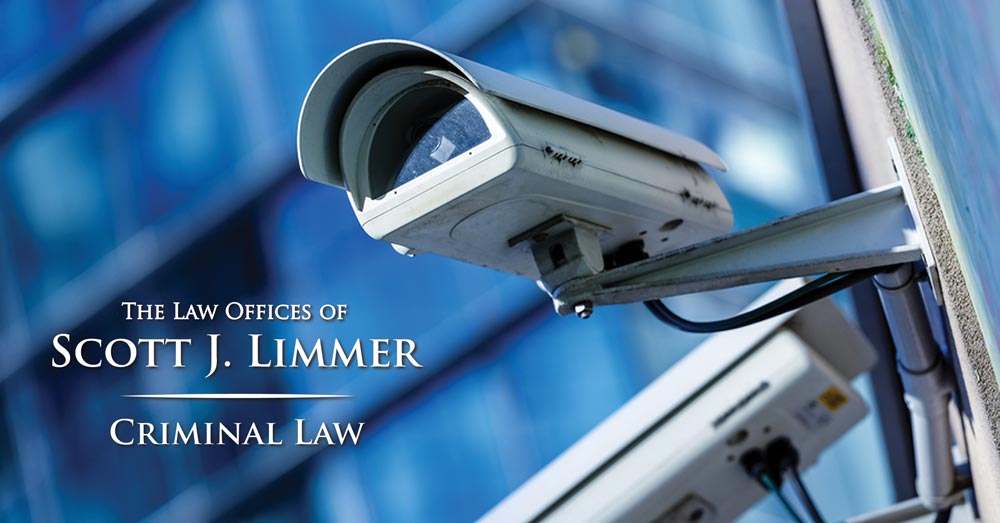For the first time in nearly a decade, the U.S. Supreme Court on December 2 heard arguments on Second Amendment issues. In New York State Rifle and Pistol Association v. City of New York, the state affiliate of the National Rifle Association and three New York City residents challenge regulations city police adopted banning licensed gun owners there from taking their weapons out of the city. Both sides of the debate view the case as possibly setting future directions for what restrictions state and local governments may constitutionally impose on gun owners.
Case backers hope it’ll erect new obstacles to state and local laws curbing gun owners’ rights, and invite the Supreme Court, with two new conservative justices, to be more active in knocking down such laws and regulations. (Justice Clarence Thomas has complained of the Court’s reluctance to hear Second Amendment cases, and new Justices Neil Gorsuch and Brett Kavanaugh likely helped provide the four votes needed to hear this appeal.) Gun control advocates, on the other hand, fear the case might weaken some current restrictions, like those on concealed carry.
The Court’s 2008 District of Columbia v. Heller decision knocked down a virtual ban on home possession of handguns in Washington, D.C., holding the Second Amendment’s protection of the right to keep and bear arms gives citizens the right to keep a handgun at home for self-defense. In 2010’s McDonald v. City of Chicago, the Court invalidated several local gun bans, finding the Fourteenth Amendment’s “due process” guarantee requires state and local governments, not just the federal government, to recognize individuals’ Second Amendment rights.
The plaintiff organization in the new case unsuccessfully challenged the New York City rules in federal district court in 2013 and lost an appeal to a federal Circuit court in 2018. In the Supreme Court, plaintiffs again attack the city rules as infringing Second Amendment rights. The case’s individual plaintiffs complain the ban on transporting licensed guns prevented them from competing in nearby states’ marksmanship contests and meant they couldn’t take their handguns with them when traveling to a second home outside the city.
A possibility exists that, despite agreeing to hear oral argument, the Court may resolve it quickly on the procedural ground of mootness, i.e. no significant issues needing decision. That’s because the New York police in July (six months after the Court decided to hear the appeal) adopted a new ordinance allowing guns to be taken out of town for use at nearby ranges or to accompany a gun owner to a second or vacation home; the state also amended its gun laws to prevent localities from outlawing gun transport for those purposes.
The city argues these law changes make unnecessary the injunctive relief which the plaintiffs asked, and so the case should be dismissed as moot. But, plaintiffs counter, to prevail on mootness, the city must prove similar policies won’t later be re-imposed. Oral argument spent much time on the mootness issue.
The case has attracted several dozen “friend of court” briefs, from both sides of the debate. The Department of Justice’s brief viewed the New York City rules as infringing individual Second Amendment rights and discriminating against interstate commerce. A brief filed by five Democratic Senators unsubtly warned that ruling against the city would boost public sentiment for reshaping the high court.
